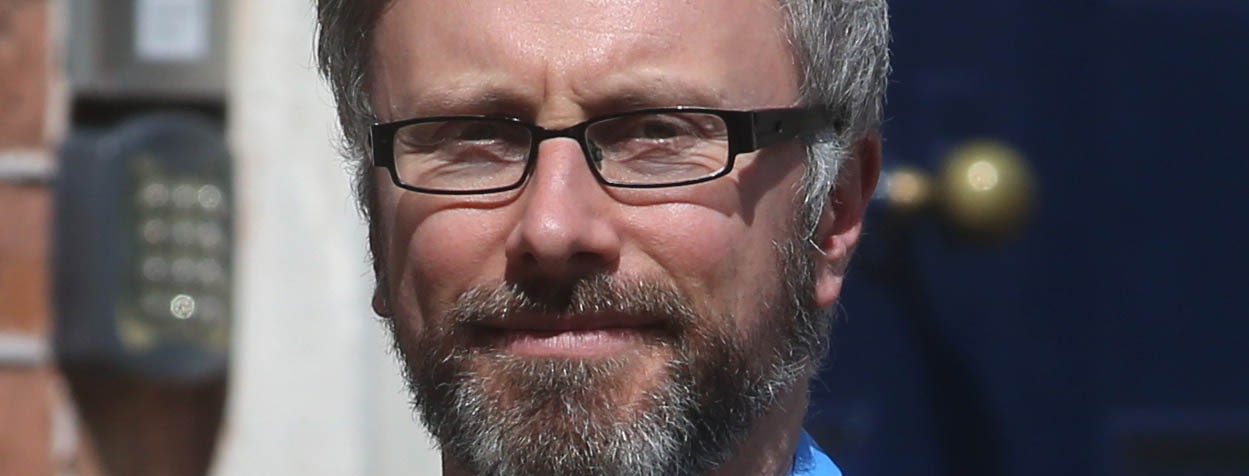
Mother and Baby payout legislation planned
The Department of Children, Equality, Disability, Integration and Youth is to develop legislation that will be needed to set up a scheme to compensate those who experienced suffering in Mother and Baby Homes.
The department says that around 34,000 survivors will be eligible for a financial payment, at an estimated cost of €800 million.
According to the Government, the Mother and Baby Institutions Payment Scheme announced today (16 November) is the largest of its type in the history of the State.
Late 2022 target
The planned legislation will set up an independent office, within the department, to administer the scheme, which is expected to open for applications in late 2022.
“It represents a significant milestone in the State’s acknowledgment of its past failures, and of the needless suffering experienced by so many of its citizens,” said Roderic O’Gorman (Minister for Children, Equality, Disability, Integration and Youth).
It is part of an action plan for survivors and former residents of the homes published by the minister.
The payment scheme will operate as follows:
- All mothers who spent time in a Mother and Baby institution will be eligible for a payment, increasing based on their length of stay,
- All children who spent six months or more in an institution, and did not receive redress for that institution under the Residential Institutions Redress Scheme (RIRS), will be eligible for payment based on their length of stay,
- There will also be an additional, work-related payment for women who were resident in certain institutions for more than three months, and who undertook what might be termed commercial work,
- An enhanced medical card will be available to everybody who was resident in an institution for six months or more.
‘Non-adversarial’
Applicants will qualify solely based on proof of residency, without a need to bring forward any evidence of abuse, nor any medical evidence.
The department says that those survivors and former residents now living overseas will qualify for a payment on the same terms as individuals living in Ireland
It adds that the scheme is designed to adopt “a holistic and non-adversarial approach” to the provision of payments and benefits.